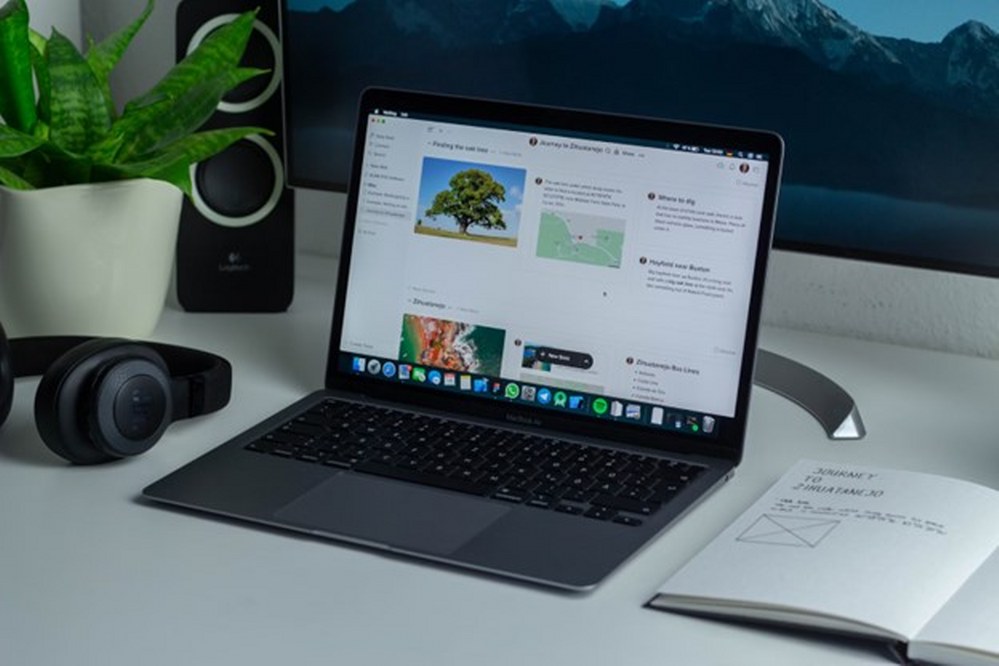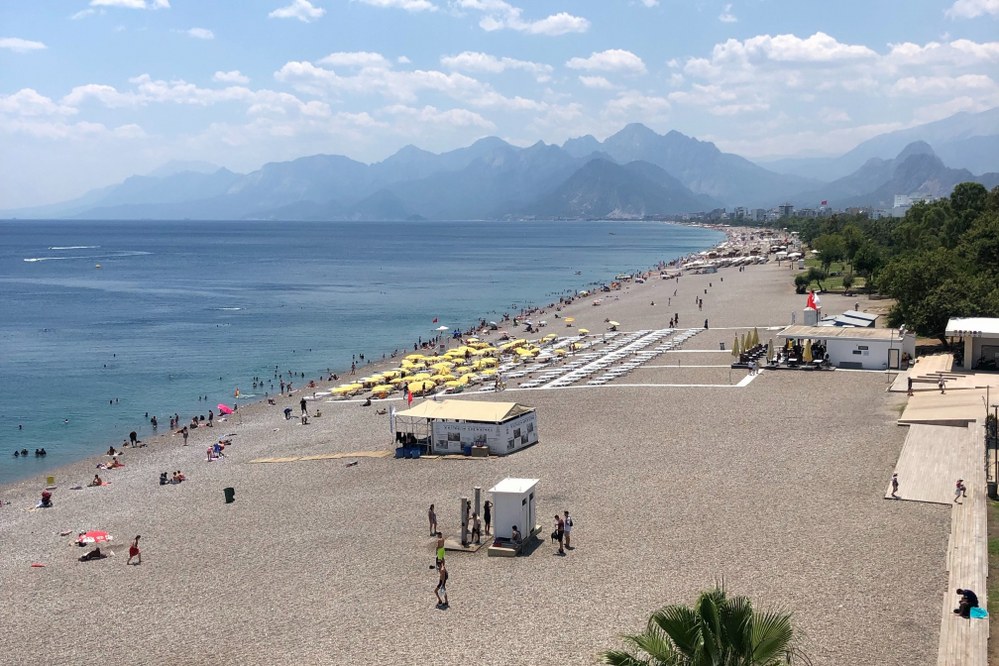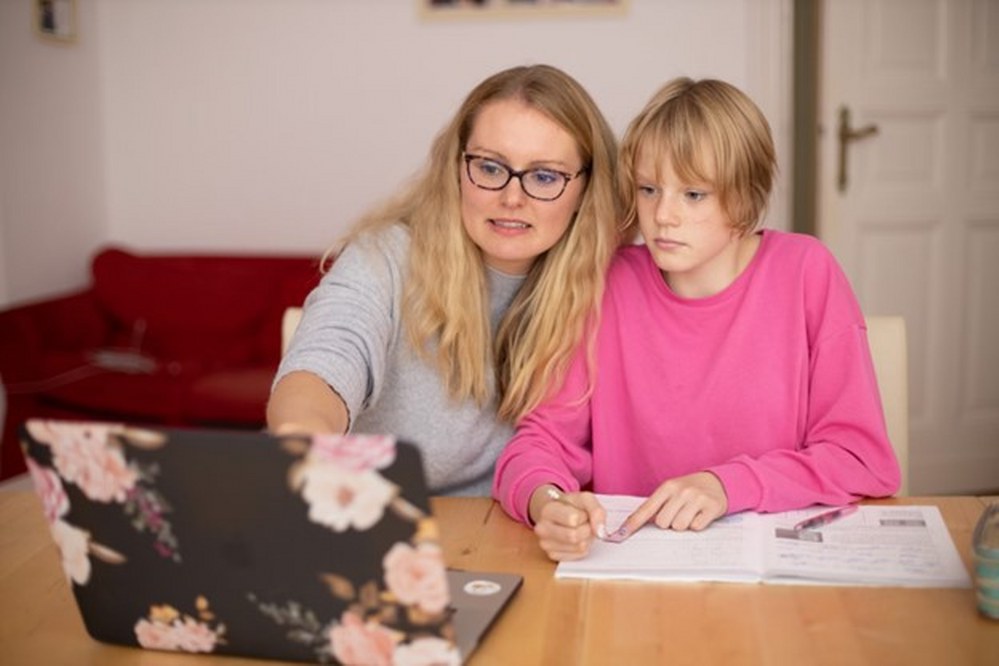Trip Planning: How to Involve Kids

Table of Contents
Travelling as a single parent can be both rewarding and challenging. It presents an opportunity to strengthen bonds, create lasting memories, and teach valuable life lessons. However, planning a trip alone can be daunting.
Involving your child in the planning process can not only ease some of this burden but also enhance the overall travel experience. You can use different strategies to make your kid more engaged in the plan, from creating a timeline poster for the trip to packing the suitcases. Here’s how to make trip planning a collaborative and exciting venture for both you and your child.
Start with a Conversation
Begin by discussing the idea of your trip together, especially if travelling as a single parent family is still new to you both. This initial conversation is crucial as it sets the tone for the entire planning process.
Ask them about places they’d like to visit or activities they’re interested in. This could range from exploring nature parks and visiting museums dedicated to dinosaurs or space to spending time at a beach. Their interests can guide your destination choice, ensuring the trip appeals to both of you.
Choosing the Destination Together
Once you have an idea of what excites your child, research possible destinations for your single parent holiday together. Look up places that align with their interests and your budget. Do you both love the sun and sandy beaches, or would you rather be active, in which case a milder climate might work better? Are you sporty, or do you simply want to relax and recharge your batteries on holiday? Maybe you both love history or the arts? A city trip might tick all the boxes. If you like different things, find a destination that offers a bit of everything. Some beach destinations are also of historical interest, and let’s not forget all the fun cities in Europe to visit with kids which provide something for all ages and tastes.
To help you make up your mind, try using books, maps, and online resources to explore different locations. This is not only educational but also allows your child to feel involved and valued in the decision-making process. Once you’ve narrowed down the options, let them help make the final decision.

Budget Planning with Your Child
Discussing the budget openly with your child can be an enlightening experience for them. Explain how money will be allocated for various aspects of the trip, such as travel, accommodation, food, and activities. This is a fantastic opportunity to teach them about saving, budgeting, and prioritizing. You can even involve them in saving for the trip, perhaps by setting aside a small amount from their allowance or money received on special occasions.
Creating a Timeline Together
A crucial aspect of trip planning is creating a timeline. This is not just about when to go, but also what to do before the trip, such as booking flights and accommodations, packing, and setting an itinerary for each day of the trip.
Work on this timeline with your child. Use a calendar to mark important dates, such as when to buy flights, the best time to pack, and the trip dates. This visual representation of the trip preparation can help your child understand the planning process and time management.
- Mark the dates for buying tickets, choosing accommodation, and finalizing the itinerary. Involve your child by letting them pick activities for certain days or decide which attractions are a must-visit.
- Create a countdown calendar. This can build excitement and help your child visualize when the trip will start. It’s also a great way to remind both of you of any last-minute preparations.

Learning Together
The trip planning stage is a perfect time to learn about the destination together. If you travel abroad, research the location, culture, language, and customs. This can be done through books, movies, or online resources. Perhaps learn a few basic phrases in the local language together or try cooking a traditional dish. This not only prepares you for the trip but also enriches your child’s understanding and appreciation of different cultures.
Packing as a Team
Packing can be turned into an engaging activity rather than a chore. Allow your child to select items they want to bring, advising them on the necessity and practicality of their choices. Discussing the weather at your destination can guide what to pack. Additionally, encourage your child to pack a small backpack with their essentials and favourite items, giving them a sense of responsibility.
Expectations and Flexibility
It’s important to manage expectations, both yours and your child’s. Discuss the trip openly, focusing on the excitement but also preparing for any possible changes or challenges. Whilst trip planning is important, make sure your child understands that a degree of flexibility and maintaining a positive attitude is required, even when things don’t go as planned.
Making Memories
Finally, discuss how to capture memories of the trip. Whether it’s through photos, journaling, or collecting souvenirs, decide together how you’ll document this adventure. This not only creates excitement but also ensures you have tangible memories to look back on.
Conclusion
Involving your child in planning your single parent family holidays can transform the experience from just another trip to a meaningful journey of discovery and learning for both of you. It teaches responsibility, decision-making, and the joy of anticipation.
By making trip planning a joint effort, you’re not only easing your load as a single parent but also fostering a deeper connection with your child. Embrace this process, and watch as it brings you closer together, making the trip an unforgettable adventure for both of you.
About Single Parents on Holiday:
Single Parents on Holiday is a niche tour operator providing group holidays for singles parents and their children, including beach, activity, and farm holidays abroad as well as city trips and UK breaks and a select number of solo holidays for single travellers 40+.

